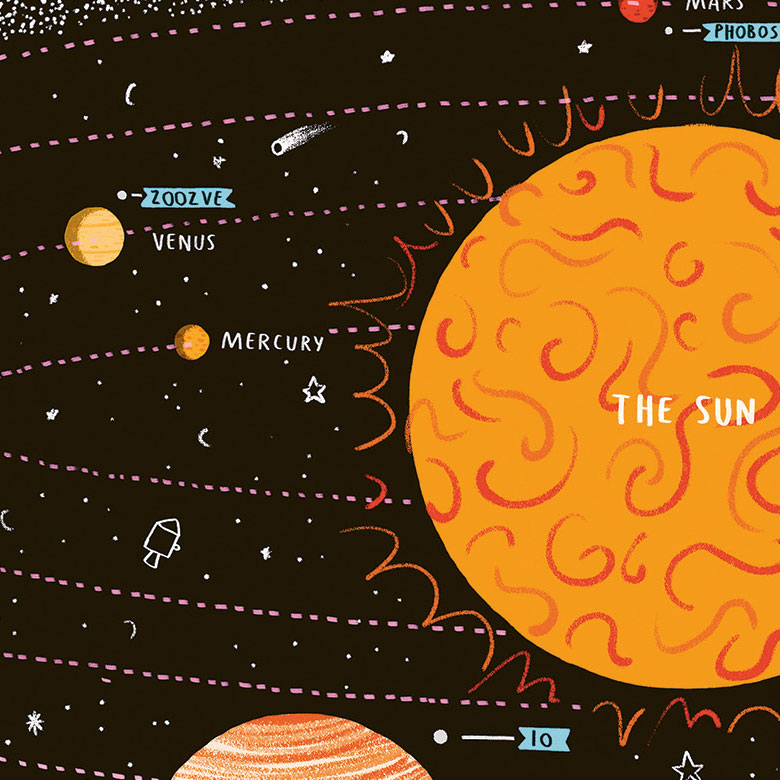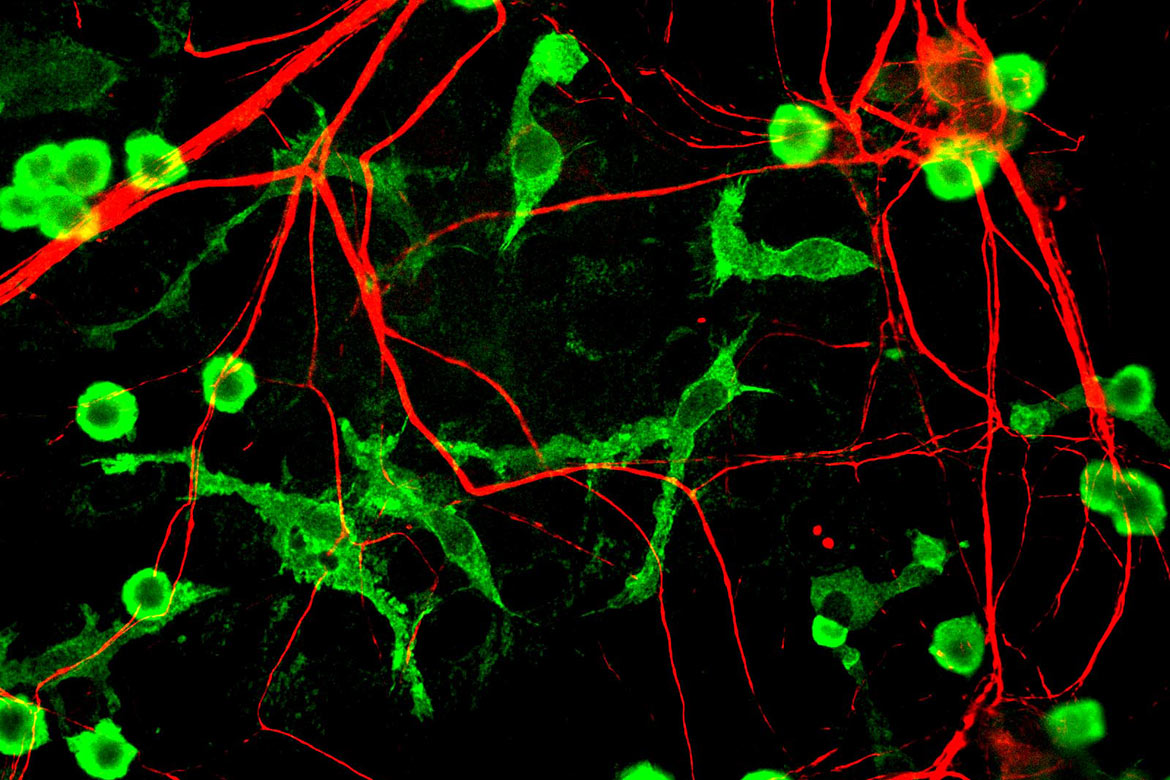On the grapevine
Wikipedia, the last Mohican
The discussion pages for editors on the open platform Wikipedia are not unlike a scientific peer review.

Photo: Dave Guttridge
Every day for years now, the British physicist Jess Wade has published a new Wikipedia article on a woman researcher from the STEM subjects. This globe-spanning encyclopaedia went online in January 2001, with anyone and everyone allowed to use it and to contribute to its content. Nature magazine has now devoted an article to women researchers who regularly write for Wikipedia. For Wade, Wikipedia’s ‘talk page’, where editors can engage in an open discussion on content, is something akin to scientific peer review. “Well-informed Wikipedians are especially valuable in certain areas”, she says, “and a key gap is content about and specific to women”.




